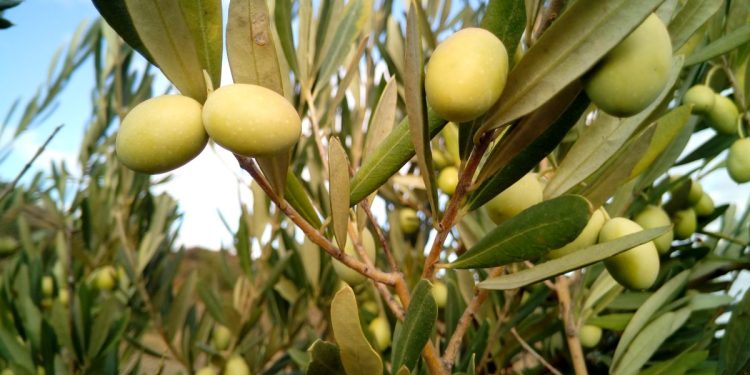#Agriculture #Kazakhstan #OliveCultivation #EconomicGrowth #SustainableFarming #Entrepreneurship #AgriculturalInnovation #OliveOilProduction #GreenhouseProjects #FoodSecurity
Kazakhstan, traditionally known for its vast steppes, is witnessing an agricultural transformation as entrepreneurs in Mangystau embrace an unexpected crop—olives. Governor Nurlan Nohayev highlighted the region’s foray into olive cultivation during a recent accountability report at the National Press Center.
This year, local entrepreneurs initiated a pilot project planting 2,000 olive trees in Mangystau, with additional trials in Aralsk and Aktau. The success of this experiment could lead to an extensive olive grove covering 10,000 hectares, marking a strategic move towards olive oil production.
Governor Nohayev emphasized the positive trends in the agricultural sector over the past 10 months, showcasing overall growth compared to the previous reporting period. The implementation of four projects, totaling 1 billion tenge, has contributed to the creation of 80 new employment opportunities. Among the successfully executed projects are a food storage warehouse, a greenhouse complex, a meat processing plant, and a canned meat products facility.
“Next year, we plan to undertake five projects, including the construction of four greenhouses. Given that 84% of our food is imported, expanding greenhouse infrastructure is vital to reduce dependence on external sources. Additionally, there’s a need for the construction of grain storage warehouses, with a total project value of 22 billion tenge,” stated Nohayev.
The introduction of olive cultivation in Mangystau not only diversifies the region’s agriculture but also holds the promise of economic growth and self-sufficiency. The projects undertaken reflect a commitment to reducing external dependencies and promoting sustainable practices.







